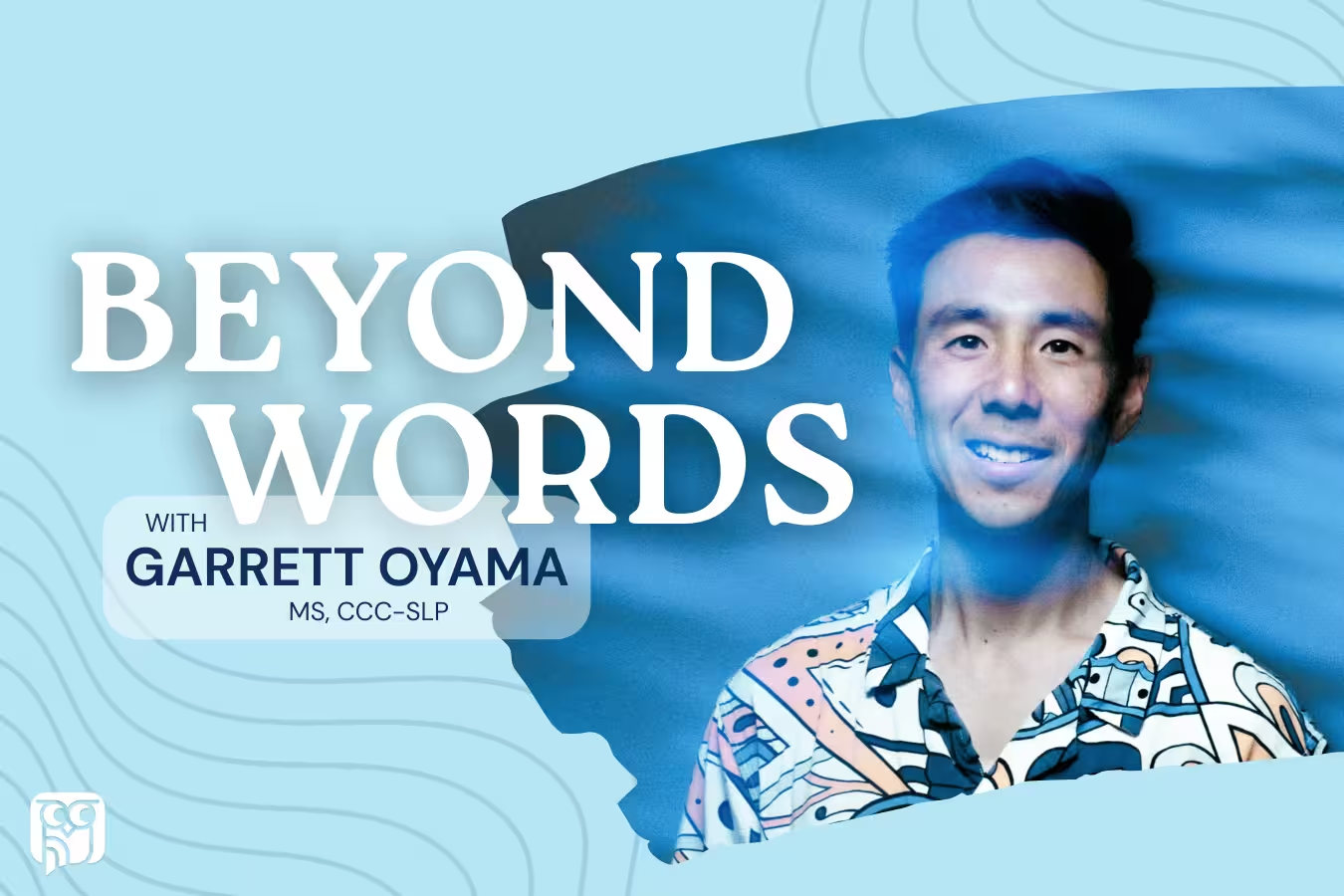Grounded in cognitive science and AI, this perspective shifts focus from static symbol-object mappings to the dynamic, high-dimensional structure of language use. For speech-language pathologists, this offers a powerful lens for rethinking language development, intervention, and assessment, highlighting the importance of exposure to rich, patterned input and the limits of overly rigid, rule-based approaches.
You’ll explore how this model intersects with statistical learning, cultural transmission, and even the boundaries of what language models like GPT can and can’t do, offering new insights into how children acquire language and how we, as clinicians, can better support that process.




















